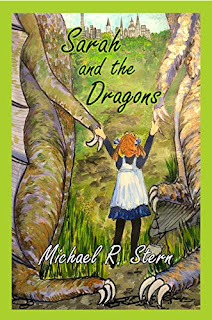In the Northern Hemisphere, January was synonymous with the fallow field before the coming of spring. A time of rest and rejuvenation before all living things expended considerable energy in growth and rebirth.
While we think of winters in Medieval Europe as frozen and unbearable, in 900 AD, they were often mild compared to the Little Ice Age that began in the 1300s when the Baltic Sea froze twice, and many cities held fairs on frozen rivers. By comparison, during Revena’s lifetime, Iceland was colonized because the weather allowed easier access.
There was always work to do, whether serf or sovereign.
Daily life involved plenty of physical labor, such as gathering wood for the constant fires needed to stay warm and caring for the animals that kept everyone alive—homes needed repair, as did clothing. The continuous need for agricultural labor decreased for this brief time before fields required turning.
For a moon’s span, there was time to relax, tell stories by the hearth, and even play games.
Revena and the people in her world were fond of dice and anything involving gambling. The church and government would begin instituting laws to curb rampant betting in the next century.
They enjoyed snowball fights, skating using blades of bone, and just enjoying the purity of the scenery, as captured by the art of the time.
Indoors, they played board games. To find out the name and rules for one of the most popular across all levels of society, sign up for Nessa’s News by putting your email address in the subscribe form on the tab/page above called Subscribe.
I promise never to sell or give away your contact info.
You will never get more than one email a month from me.
Nessa’s News will contain content you won’t get from any other of my online postings in less than 500 words.
Spells, crafts, designs, updates, and tips for living in the past, all related to my books and stories.
If you are on your phone and don’t see the subscribe form, you can SUBSCRIBE HERE.






